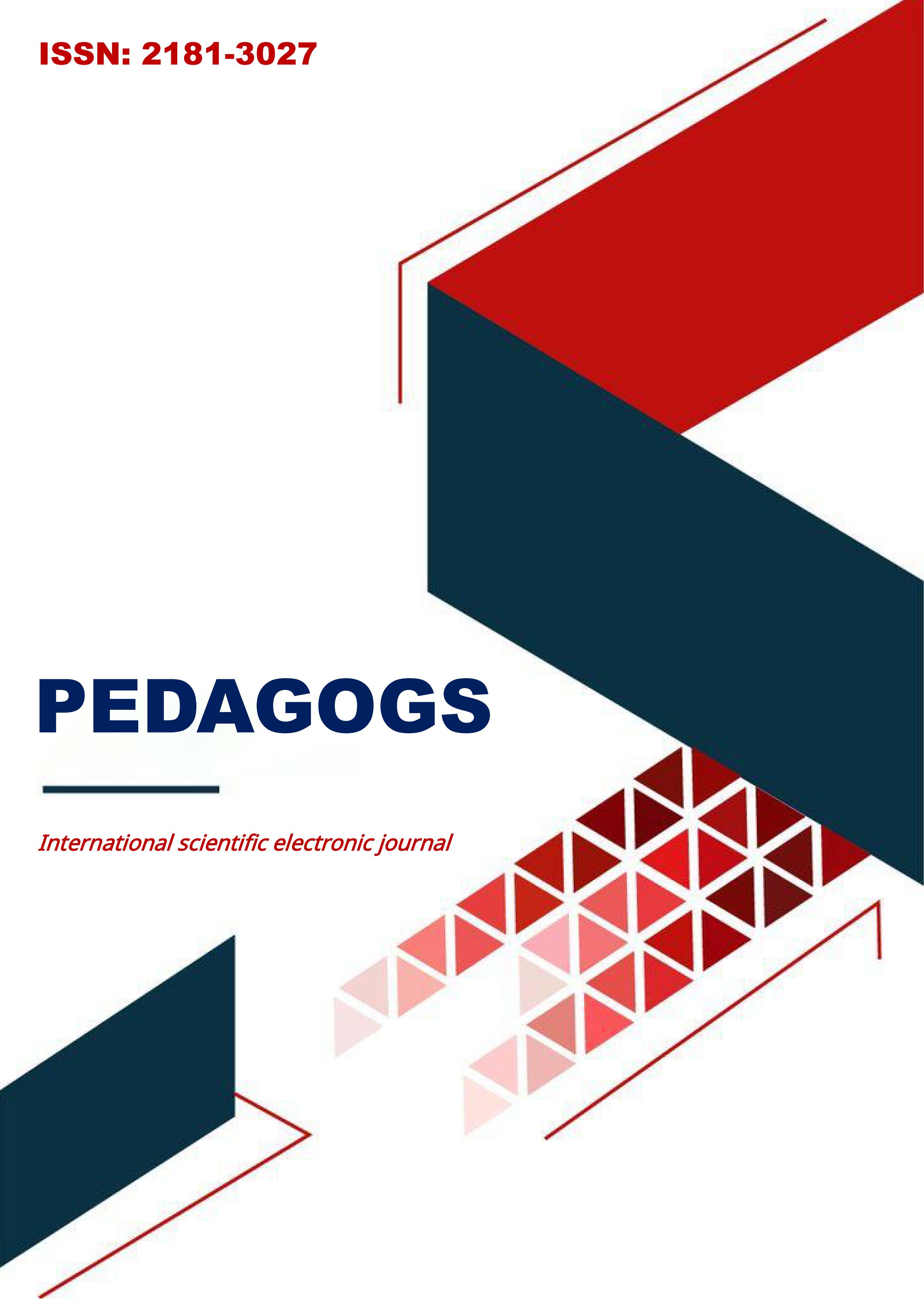DEVELOPING CRITICAL THINKING SKILLS THROUGH COLLABORATIVE SPEAKING ACTIVITIES
Abstract
Abstaract: Nowadays, in educational context, critical thinking has emerged as an essential skill for lifelong learning and effective communication. The improvement of this competence has become a vital pedagogical goal in English as a foreign language (EFL) classroom. This article explores the role of collaborative speaking activities in fostering critical thinking skills among university-level learners. Drawing on constructive and socio-cultural learning theories, the study shows the effectiveness of interactive speaking tasks, such as debates, problem-solving discussions, and project-based collaboration- in enhancing students’ analytical and reflective abilities. Also, the article presents insights from recent research, highlights pedagogical implications for EFL instructors, and provides practical recommendations for integrating collaborative speaking activities to promote critical thinking in language classroom.
References
Brookfield, S. D. (2012). Teaching for critical thinking: Tools and techniques to help students question their assumptions. San Francisco, CA: Jossey-Bass.
Facione, P. A. (2011). Critical thinking: What it is and why it counts. Insight Assessment.
Gokhale, A. A. (1995). Collaborative learning enhances critical thinking. Journal of Technology Education, 7(1), 22–30.
Halpern, D. F. (2014). Thought and knowledge: An introduction to critical thinking (5th ed.). New York, NY: Psychology Press.
Johnson, D. W., & Johnson, R. T. (2009). An educational psychology success story: Social interdependence theory and cooperative learning. Educational Researcher, 38(5), 365–379.
Ku, K. Y. L. (2009). Assessing students’ critical thinking performance: Urging for measurements using multi-response format. Thinking Skills and Creativity, 4(1), 70–76.
Long, M. H (1996). The role of the linguistic environment in second language acquisition. In W. C. Ritchie & T. K. Bhatia (Eds.), Handbook of second language acquisition (pp. 413-468). San Diego, CA: Academic Press
Nunan, D. (2004). Task-based language teaching. Cambridge: Cambridge University Press.
Paul, R., & Elder, L. (2008). The miniature guide to critical thinking: Concepts and tools. Dillon Beach, CA: Foundation for Critical Thinking.
Richards, J. C., & Rodgers, T. S. (2014). Approaches and methods in language teaching (3rd ed.). Cambridge University Press.
Richards, J. C., & Schmidt, R. (2010). Longman dictionary of language teaching and applied linguistics (4th ed.). Harlow: Pearson Education.
Vygotsky, L. S. (1978). Mind in society: The development of higher psychological processes. Cambridge, MA: Harvard University Press.

